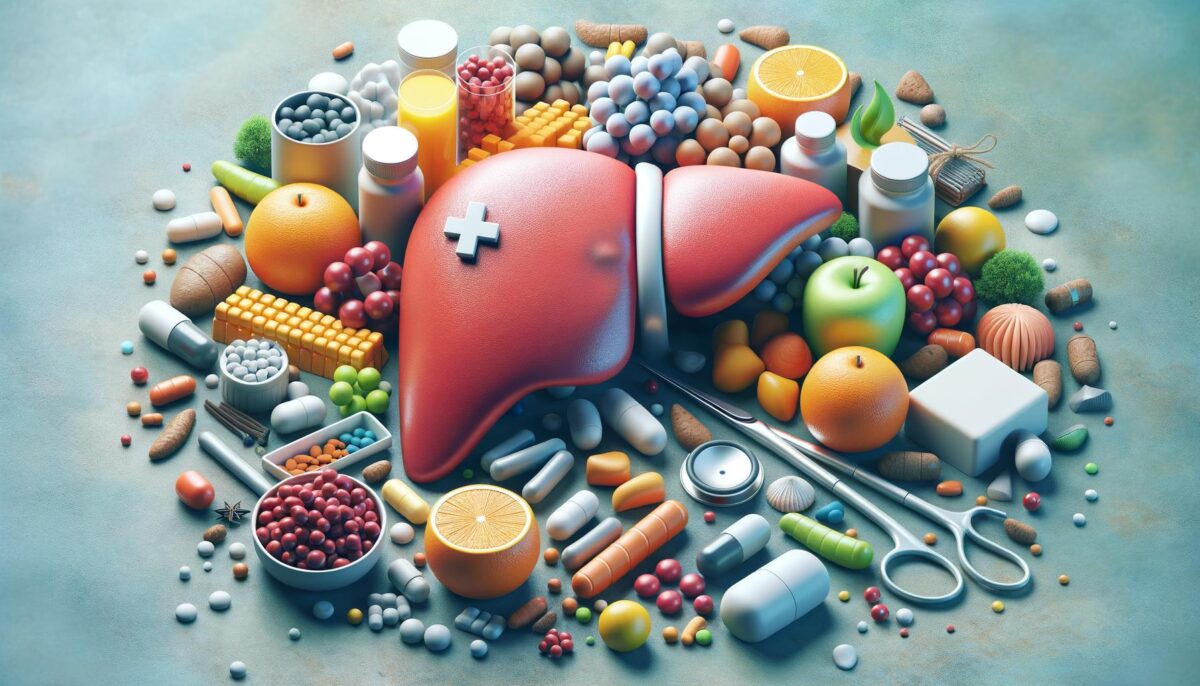What is Fatty Liver Disease?
Fatty liver disease, also known as hepatic steatosis, occurs when excess fat accumulates in liver cells. This condition is becoming increasingly common across the globe due to rising levels of obesity and lifestyle-related disorders. Fatty liver can be classified into two main types: alcoholic fatty liver disease, which is linked to heavy alcohol use, and non-alcoholic fatty liver disease (NAFLD), which occurs in those who drink little or no alcohol. It is essential to understand the signs of fatty liver to manage and mitigate its impact effectively. Recognizing typical symptoms such as abdominal pain, fatigue, and unexplained weight loss is crucial for early intervention.
Lifestyle Changes: The First Line of Defense
One of the most recommended initial treatments for fatty liver involves making significant lifestyle adjustments. A healthy diet and regular physical activity are vital in managing this condition. Recommended dietary changes often include:
- Reducing sugar intake and avoiding sugary drinks
- Consuming plenty of fruits, vegetables, and whole grains
- Choosing lean proteins such as fish and legumes
- Limiting processed foods and unhealthy fats
Physical activity, too, plays a crucial role. It is advisable to aim for at least 150 minutes of moderate aerobic exercise per week, complemented by strength training exercises. These lifestyle changes are not only effective but also sustainable in maintaining long-term liver health.
Medical Treatments and Interventions
For individuals who require additional support, several medical interventions can assist in the management of fatty liver disease. While lifestyle adjustments are often sufficient, particularly in the early stages of the disease, some cases may necessitate medication or other treatments. Doctors may prescribe medications that:
- Improve insulin sensitivity
- Lower cholesterol levels
- Reduce liver inflammation
It is important to consult with a healthcare professional to choose the most appropriate medical treatment for each individual case. Regular monitoring and follow-up appointments are essential to track the effectiveness of the treatment plan and make necessary adjustments.
The Role of Supplements and Alternative Therapies
Supplemental and alternative therapies can also play a role in supporting liver health. While these should not replace conventional medical treatments, they can complement them. Some supplements that have shown promise include:
- Omega-3 fatty acids
- Vitamin E
- Silymarin (Milk Thistle)
Additionally, practices such as yoga and meditation can help in reducing stress, which often contributes to liver difficulties. It is crucial to discuss any supplemental or alternative therapies with a healthcare provider to ensure they are safe and suitable alongside existing treatments.
Future Prospects and Research
Research into fatty liver disease is ongoing, with scientists exploring new treatments and therapies. Clinical trials are continuously being conducted to develop novel medications and improve existing treatment protocols. Understanding the signs of fatty liver remains an important focus, as early detection significantly increases the chances of successful management. As research progresses, emerging treatments and technologies promise to provide even better outcomes for those living with this condition.
Conclusion: A Proactive Approach
Managing fatty liver disease requires a proactive and informed approach. By understanding the signs of fatty liver and exploring a range of treatment options, individuals can address this condition effectively. Early detection, lifestyle modifications, medical interventions, and the potential use of supplements and alternative therapies combine to offer a comprehensive management strategy. Staying informed about new research can also guide individuals in making well-rounded decisions to ensure long-term liver health and overall well-being.
